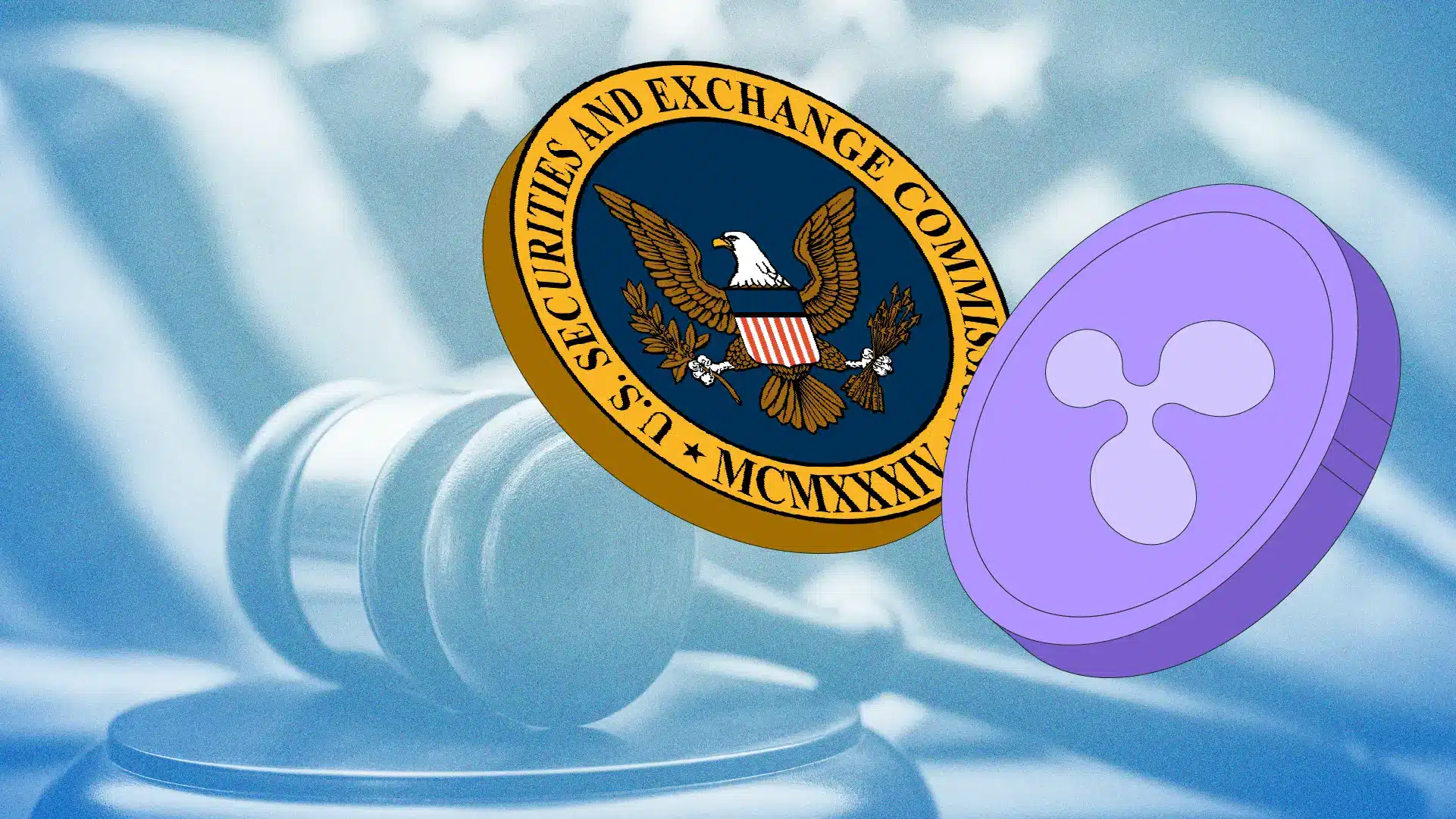Internal documents from the U.S. Securities and Exchange Commission have revealed key conversations about XRP that were never made public. These details, released after Coinbase filed a FOIA request, point to early concerns about Ripple’s influence on XRP’s value and functionality.
In 2021, SEC staff questioned whether the XRP Ledger could continue operating smoothly without Ripple’s involvement. That question is critical under the Howey Test, which helps the SEC decide if an asset should be regulated as a security.
If a token’s success depends on a central entity, like Ripple, the SEC views it as a stronger case for security classification. This point became a focus in the agency’s internal analysis, suggesting they were quietly building a case well before it reached court.
Also Read: Robinhood to Tokenize U.S. Stocks for Europe Using Solana and Arbitrum
SEC and New York Officials Pushed Private Crypto Strategies
The same document release reveals that Ethereum was also involved in private regulatory talks. In June 2023, Shamiso Maswoswe from the New York Attorney General’s office contacted the SEC and asked them to file a legal brief supporting the claim that ETH should be regulated as a security.
This was coupled with the suit filed by New York against KuCoin, but its goal was to influence national cryptocurrency laws. While the SEC did not go on a limb to champion ETH or provide a clear opinion on it, these conversations demonstrate organized attempts to shape its future.
On the other hand, XRP was still the focal point of the SEC probes. Some emails raised concerns about Ripple’s continued control and influence in the XRP ecosystem. The SEC staff pointed to this as one of the key motives behind their sustained legal harassment of XRP.
Regulatory Tone Has Shifted, But Questions Still Linger
Enforcement tactics have softened since a change in SEC leadership. Some high-profile cases, including those against Ripple and Coinbase, have been rolled back or dismissed.
Still, the internal records suggest XRP’s status may have already been determined behind closed doors. Public rulings may have followed, but the groundwork was laid in private discussions.
Also Read: Is XRP Being Secretly Controlled by Banks? Analyst Drops Shocking Clue
